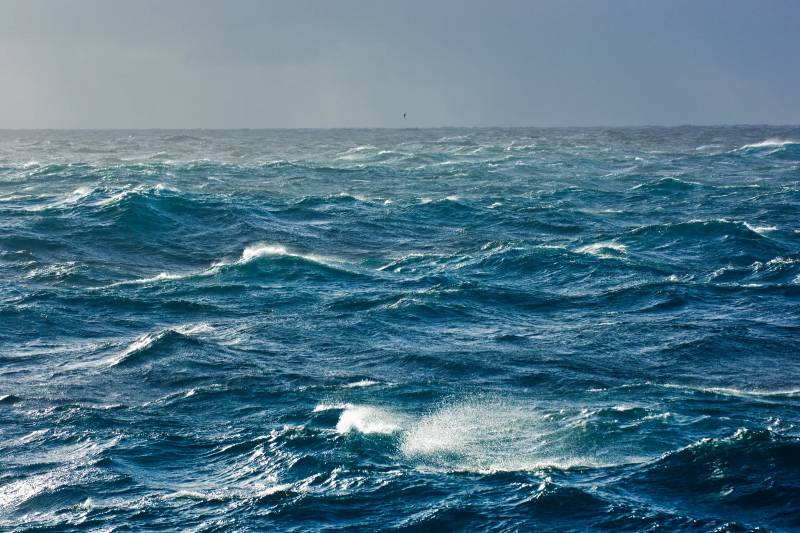Long-held beliefs on the ocean’s role in reducing climate change are called into question by a recent study by MIT professor Jonathan Lauderdale.
Contrary to popular assumption, the research, which was published in Nature Communications, indicates that a decreasing ocean circulation may cause an increase in the release of carbon dioxide into the atmosphere.
For an extended period, experts on climate change have hypothesized that rising temperatures will diminish the ocean’s ability to uplift and absorb carbon dioxide from the atmosphere.
It was believed, meanwhile, that this slowness would also prevent the deep ocean from releasing its stored carbon, preserving the ocean’s overall function as a carbon sink.
Lauderdale’s research identifies a hitherto unknown feedback loop involving surface microbes, ligand-producing organic compounds, upwelling carbon and nutrients, and iron availability.
As circulation diminishes as a result of this intricate relationship, the ocean may release more carbon into the atmosphere.
The diverse ligand concentrations found in various oceanic locations hold the secret to this discovery. Ligands are essential for rendering iron soluble and accessible to phytoplankton, which uses photosynthesis to take up carbon dioxide. The upwelling of carbon and nutrients from the deep ocean is diminished when ocean circulation slows down.
As a result, there are less ligands and phytoplankton growing, which starts a self-sustaining loop that eventually raises oceanic carbon outgassing. Lauderdale claims, “What we thought was happening in the ocean is completely overturned.” “We can’t count on the ocean to store carbon in the deep ocean in response to future changes in circulation.”
The ramifications of this study for mitigation strategies against climate change are substantial. It highlights the urgent need for proactive steps to limit carbon emissions by raising the possibility that the ocean may not be as trustworthy a carbon sink as previously believed.
The study emphasizes how intricate the relationships between the ocean and the climate are and how crucial it is for climate models to take biological processes into account.
Understanding these complex relationships is essential for making accurate predictions and developing practical mitigation strategies as climate change continues to affect ocean circulation.
